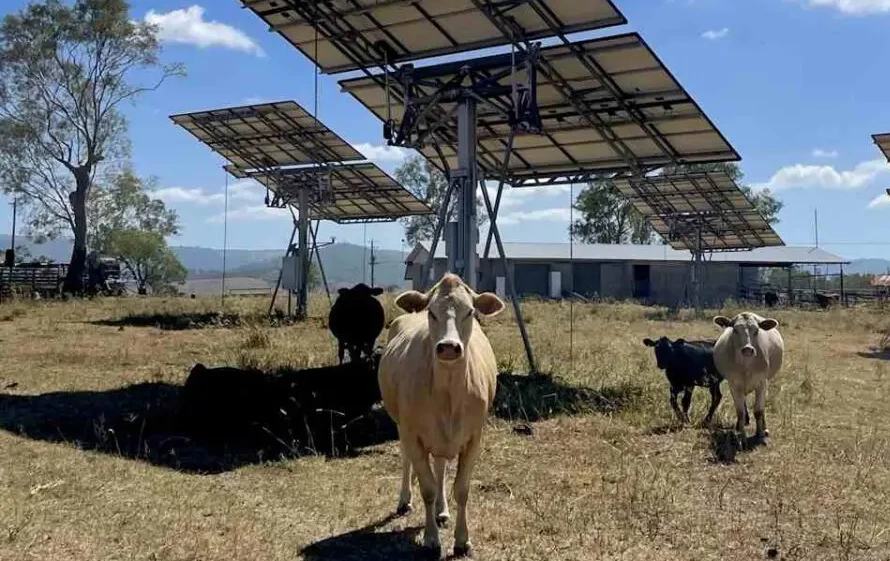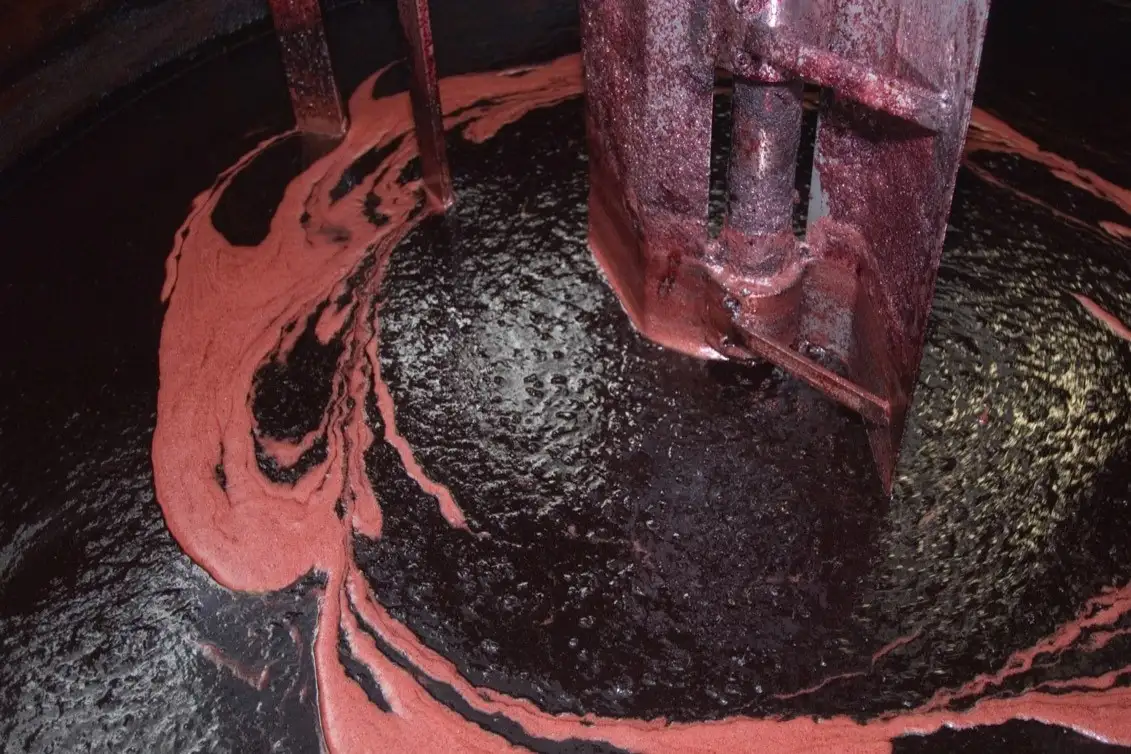To control cherry diseases, the traditional defence plan includes chemical bactericides and fungicides. Copper-based products, although effective, can present problems of phytotoxicity and pollution, as well as being expensive. The antibiotic products authorised in Chile, however, risk leading to the development of resistance.
These are the problems of the cherry sector in Chile, a country that with its 44 million hectares dedicated to this crop exports 85% of its production to foreign markets. The cherry tree can be affected by various bacterial diseases such as crown gall, caused by Agrobacterium tumefaciens, bacterial canker (Pseudomonas syringae pv. syringae and morsprunorum) or fungal diseases such as those caused by the genera Phytophthora, Monilinia, Cytospora and Varticillium, to name but a few.
Bacterial canker is considered to be the main disease affecting cherry orchards in Chile and is mainly caused by Pseudomonas syringae pv. syringae. This Gram-negative bacterium penetrates through the plant's natural openings, such as stomata and lenticels, or through natural wounds (for example the scars formed when leaves fall) or mechanical wounds (such as pruning).
Once inside the plant, the bacterium colonises the tissues until it reaches the cambium zone, from where it then spreads throughout the plant, causing cankers in various woody organs, resulting in gummosis and a characteristic fermented smell. Furthermore, during the development phase, part of the epiphyte population penetrates through the leaves, causing black spots that then degenerate, reducing the photosynthetic area.
The severity of the symptoms depends on the bacterial strain, the cultivar, the age of the plant and the environmental conditions, resulting in yield losses of between 10 and 20 % in young cherry orchards. The fungi Monilinia spp and Botrytis cinerea cause yield reductions of up to 80% when environmental conditions are favourable to the development of the pathogens, especially in late maturing varieties.
For the control of these pathogens, the options are increasingly limited in the face of a market that demands fruit not treated with synthetic chemicals, but also by the restrictions imposed by production regulations due to the potential harmful effects on human health. An example of this is the recent EU ban on the use of the fungicide Mancozeb, as it has been shown to have an immunosuppressive effect in mice.
Recently, researchers at the University of Conceptiòn (Chile) evaluated the phytosanitary impact of bio-based defence programmes for the control of bacterial canker and fruit rots in pre- and post-harvest. In this study, bioproduct-based treatments (BPP1 and BPP2) were applied in comparison with a chemical control and the defence plan normally used by the cherry grower. The various treated units (of half a hectare each) were located in Chillàn, Chile, in a cv. Sweetheart orchard.
The results indicate that biological treatments based on Pseudomonas protegens, Bacillus spp. and Trichoderma spp. decreased the populations of Pseudomonas syringae pv. syringae, Botrytis cinerea and Alternaria spp. without any differences compared to the other treatments used.
These biological treatments led to a decrease in the incidence of Alternaria spp and Botrytis cinerea compared to that found in the chemical defence programme. In conclusion, these excellent results allow to promote and recommend the inclusion of bioproducts in commercial cherry tree defence programmes.
Source: Cherry Magazine
Image:
Melissa Venturi
University of Bologna (IT)
Cherry Times - All rights reserved










